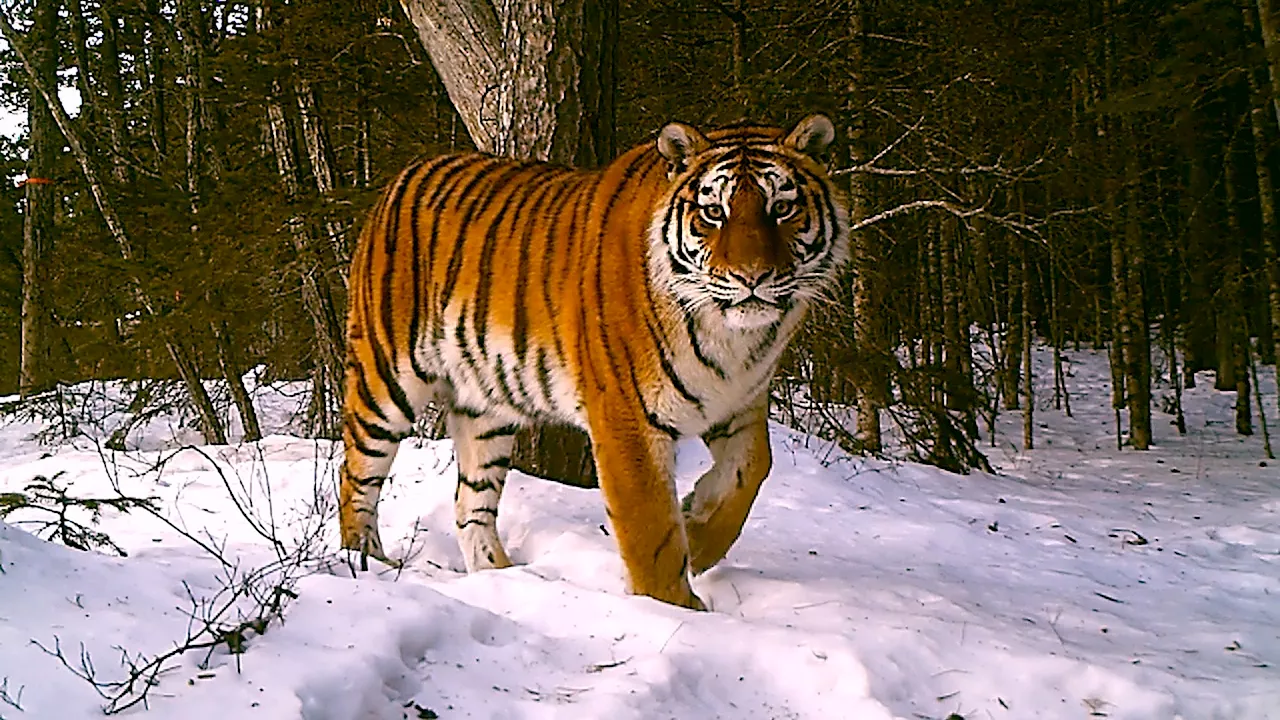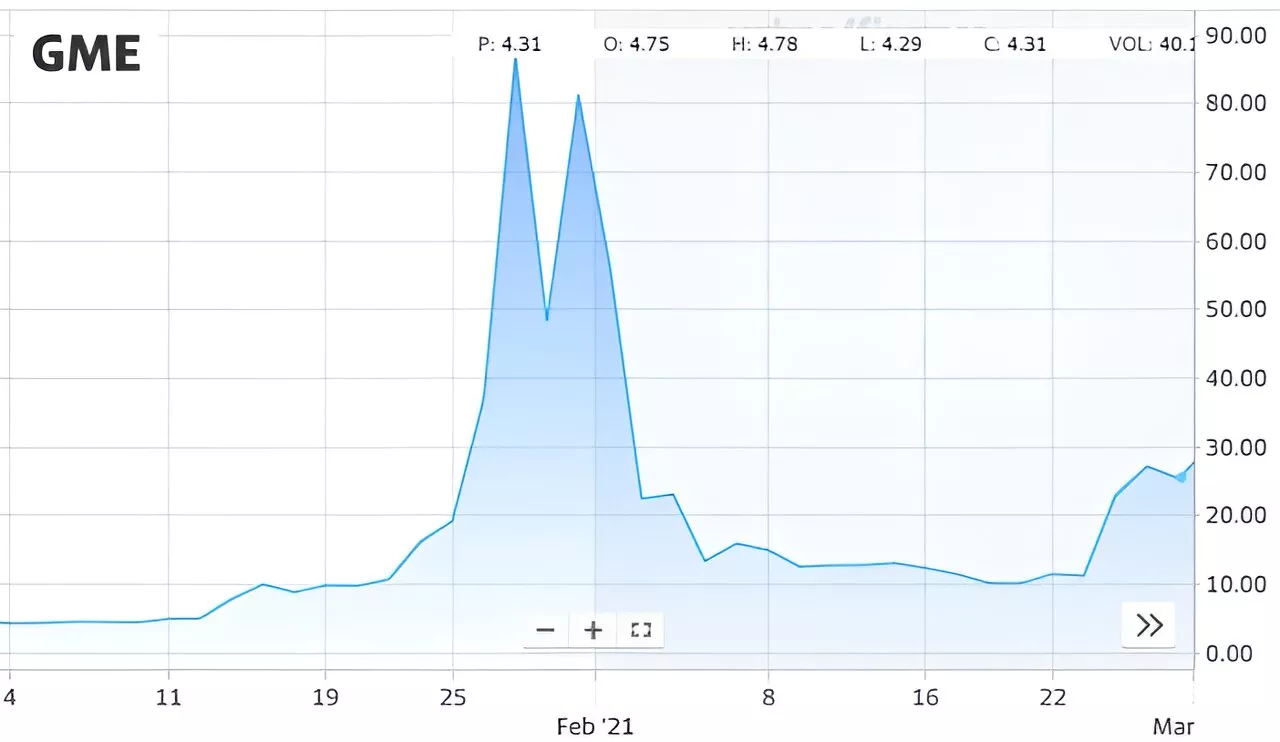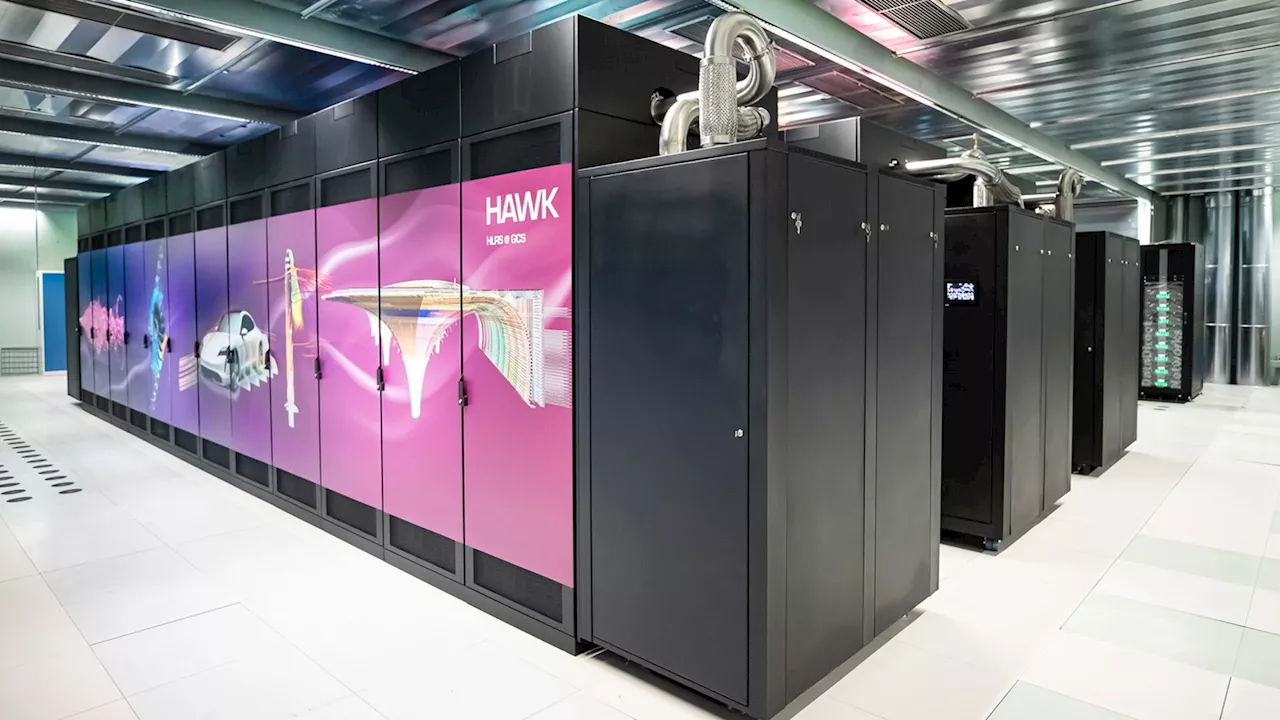Our bodies can maintain body temperature in cold environments. However, the detailed mechanism remains unclear. Researchers elucidated the molecular mechanism by which macrophages, a type of immune cells, control heat production in brown adipose tissue to increase the body temperature in response to cold.
Our bodies can maintain body temperature in cold environments. However, the detailed mechanism remains unclear. Researchers from University of Tsukuba elucidated the molecular mechanism by which macrophages, a type of immune cells, control heat production in brown adipose tissue to increase the body temperature in response to cold.
Recently, researchers investigated the role of the transcription factor MAFB in macrophages -- an immune cell type involved in non-shivering thermogenesis within brown adipose tissue. This tissue can generate heat to increase the body temperature in response to cold, primarily regulated by the sympathetic nervous system. Therefore, the researchers bred-deficient mice and exposed them to cold conditions, monitoring their body temperature changes.
This work was supported by the Ministry of Education and Sports of Japan ; the Ministry of Education, Culture, Sports, Science and Technology of Japan under grants No. 26221004, 25860205, 23118504, 16K18398, 19K07499, and 19H00966, 23K05586, 19K07499; the Uehara Memorial Foundation; the Takeda Science Foundation; the Takamatsunomiya Cancer Foundation under grant No. 15-24724 ; and the World Premier International Research Center Initiative , MEXT, Japan.
United States Latest News, United States Headlines
Similar News:You can also read news stories similar to this one that we have collected from other news sources.
 Men Forget About Female Researchers, Says Study On Gender Citation GapA gender bias expert, Kim Elsesser, Ph.D., is the author of Sex and the Office, and she taught classes on gender at UCLA for eight years. She is a senior contributor for Forbes and has published in the New York Times and Los Angeles Times.
Men Forget About Female Researchers, Says Study On Gender Citation GapA gender bias expert, Kim Elsesser, Ph.D., is the author of Sex and the Office, and she taught classes on gender at UCLA for eight years. She is a senior contributor for Forbes and has published in the New York Times and Los Angeles Times.
Read more »
 Automated method helps researchers quantify uncertainty in their predictionsA new technique can help researchers who use Bayesian inference achieve more accurate results more quickly, without a lot of additional work.
Automated method helps researchers quantify uncertainty in their predictionsA new technique can help researchers who use Bayesian inference achieve more accurate results more quickly, without a lot of additional work.
Read more »
 NASA and Google Earth team up with researchers to help save tigersAndrew Paul is Popular Science‘s staff writer covering tech news. Previously, he was a regular contributor to The A.V. Club and Input, and has had recent work featured by Rolling Stone, Fangoria, GQ, Slate, NBC, as well as McSweeney’s Internet Tendency. He lives outside Indianapolis.
NASA and Google Earth team up with researchers to help save tigersAndrew Paul is Popular Science‘s staff writer covering tech news. Previously, he was a regular contributor to The A.V. Club and Input, and has had recent work featured by Rolling Stone, Fangoria, GQ, Slate, NBC, as well as McSweeney’s Internet Tendency. He lives outside Indianapolis.
Read more »
 Researchers develop molecules for a new class of antibiotics that can overcome drug resistant bacteriaAbout a decade ago, researchers began to observe a recurring challenge in their research: Some of the compounds they were developing to harness energy from bacteria were instead killing the microbes. Not good if the objective of the project was to harness the metabolism of living bacteria to produce electricity.
Researchers develop molecules for a new class of antibiotics that can overcome drug resistant bacteriaAbout a decade ago, researchers began to observe a recurring challenge in their research: Some of the compounds they were developing to harness energy from bacteria were instead killing the microbes. Not good if the objective of the project was to harness the metabolism of living bacteria to produce electricity.
Read more »
 Researchers show Reddit users caused the famous GameStop 'short squeeze'Three years ago, the stock price of the company GameStop soared over 1,625% in just a week.
Researchers show Reddit users caused the famous GameStop 'short squeeze'Three years ago, the stock price of the company GameStop soared over 1,625% in just a week.
Read more »
 Researchers deploy supercomputer Hawk to feed on solar cell flawsScientists always try to make things to perfection. But imperfection will now help make solar cells more efficient.
Researchers deploy supercomputer Hawk to feed on solar cell flawsScientists always try to make things to perfection. But imperfection will now help make solar cells more efficient.
Read more »
